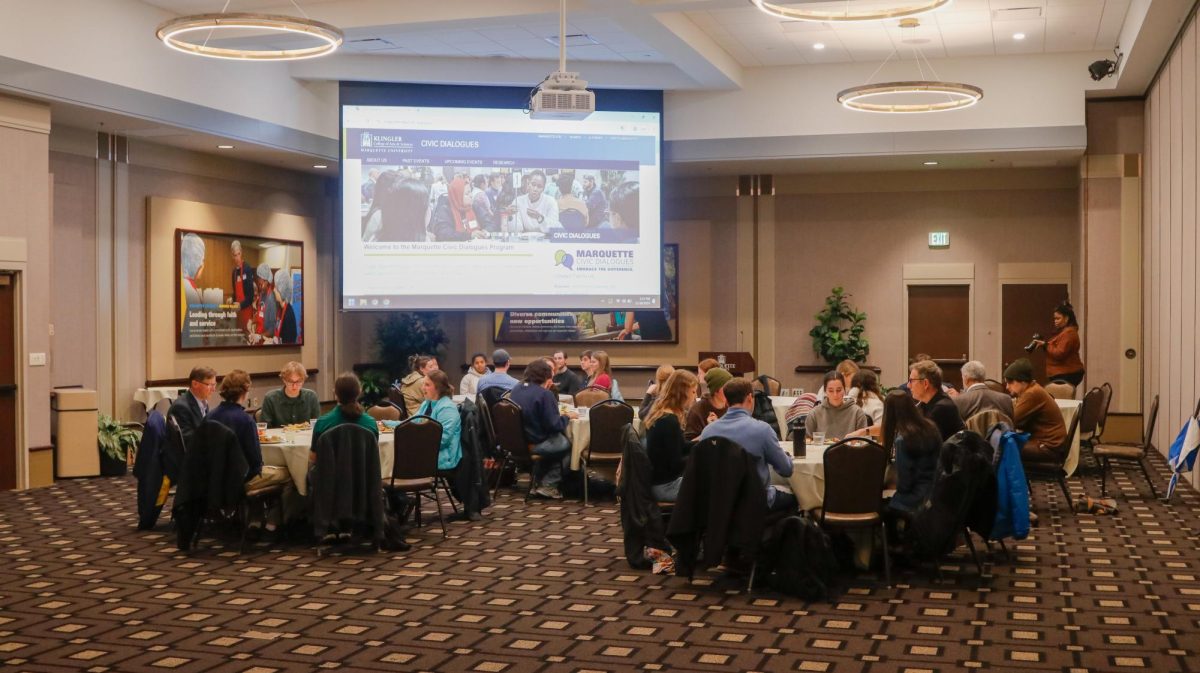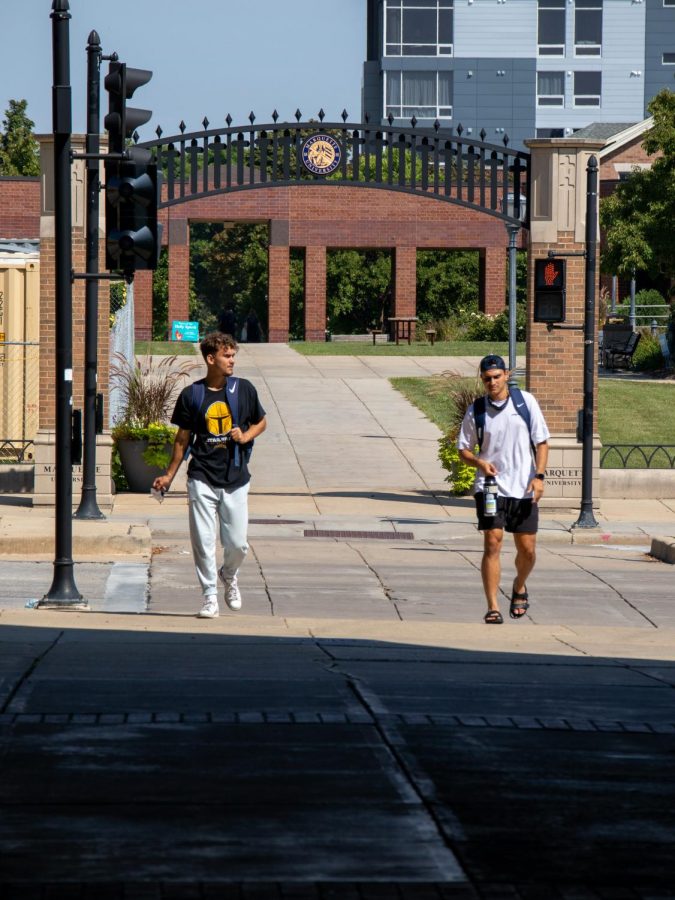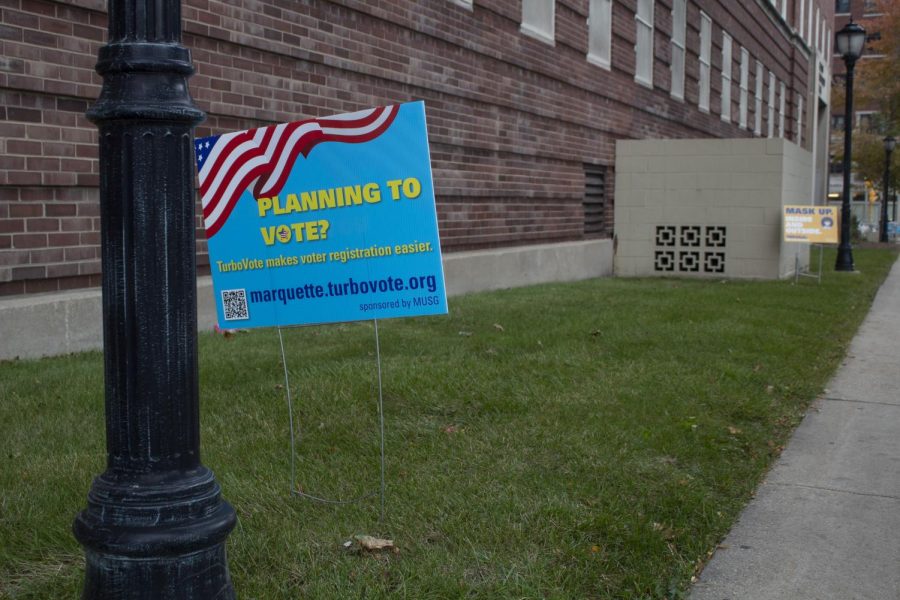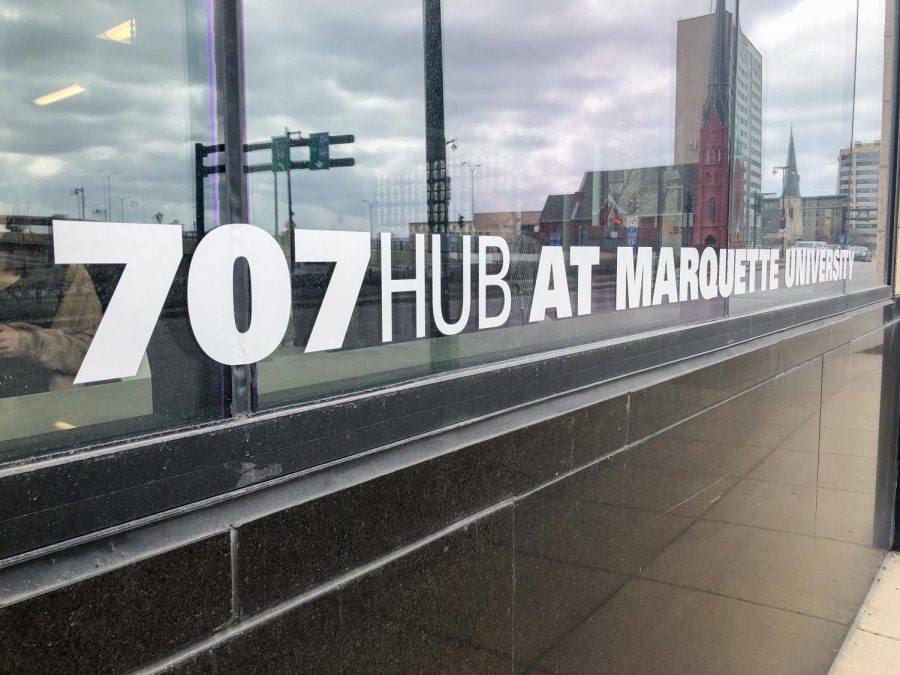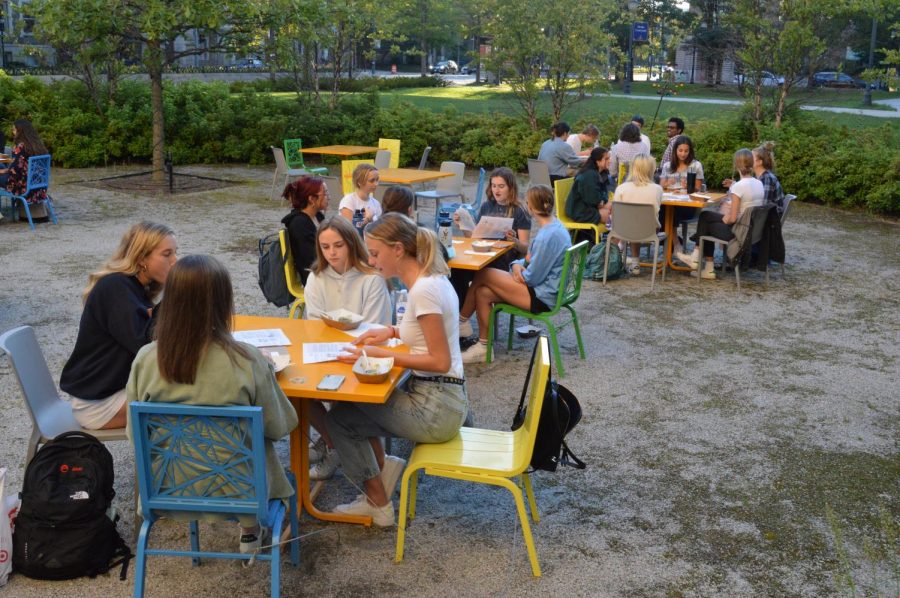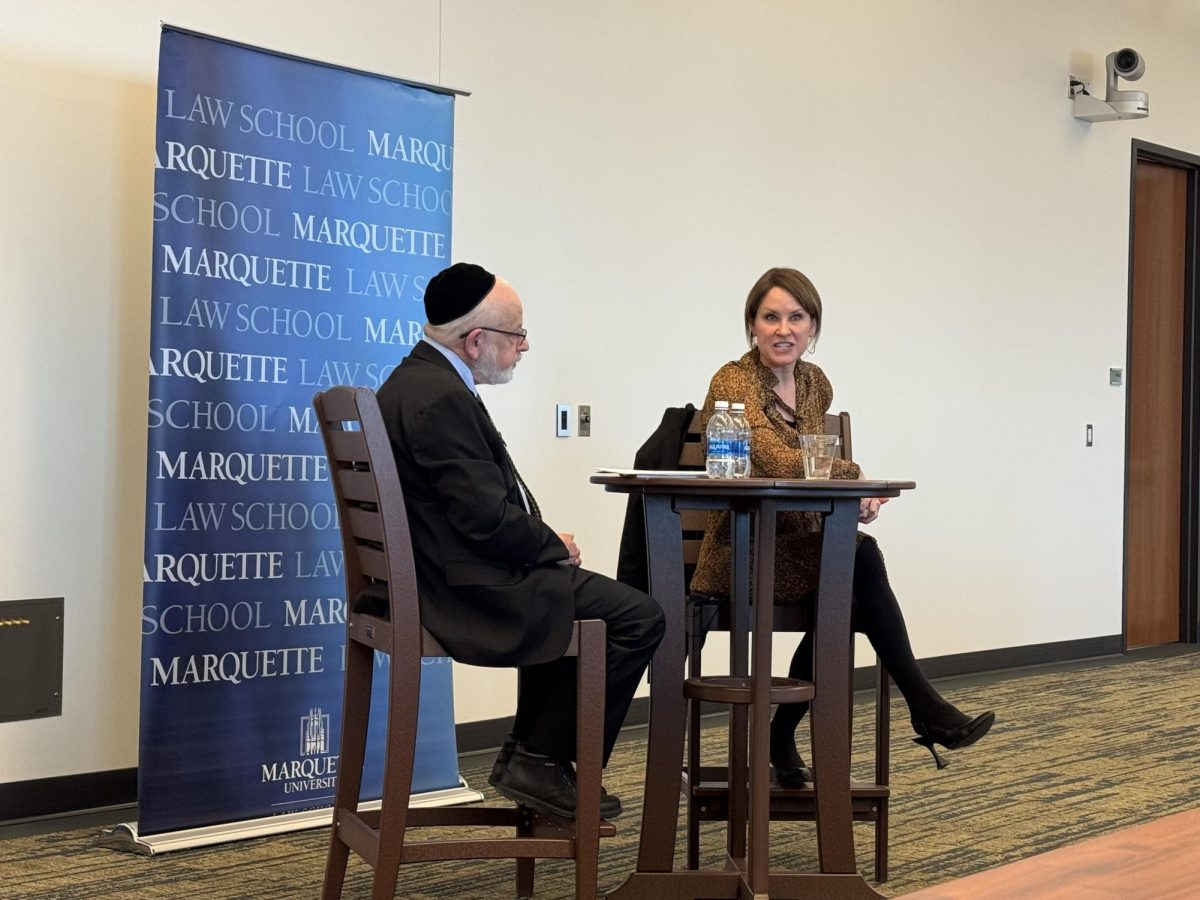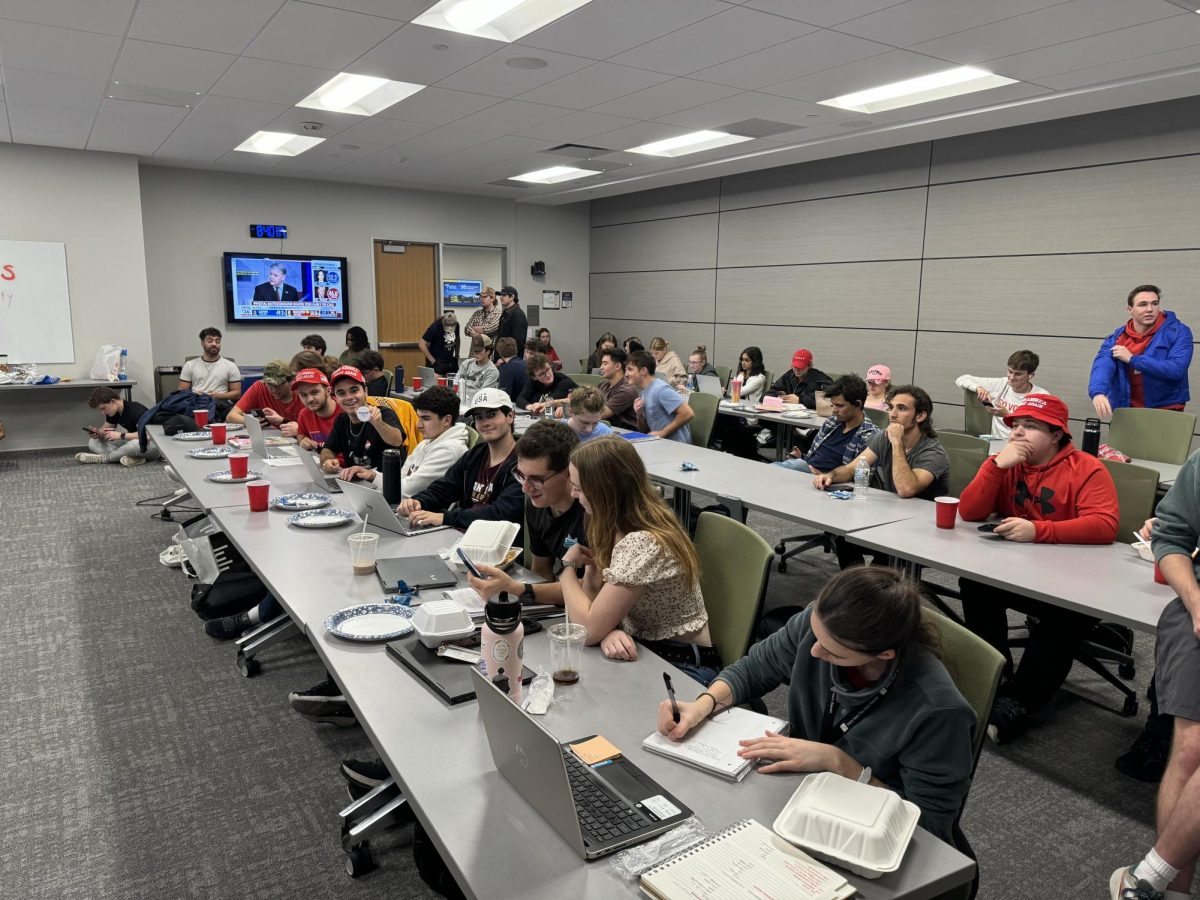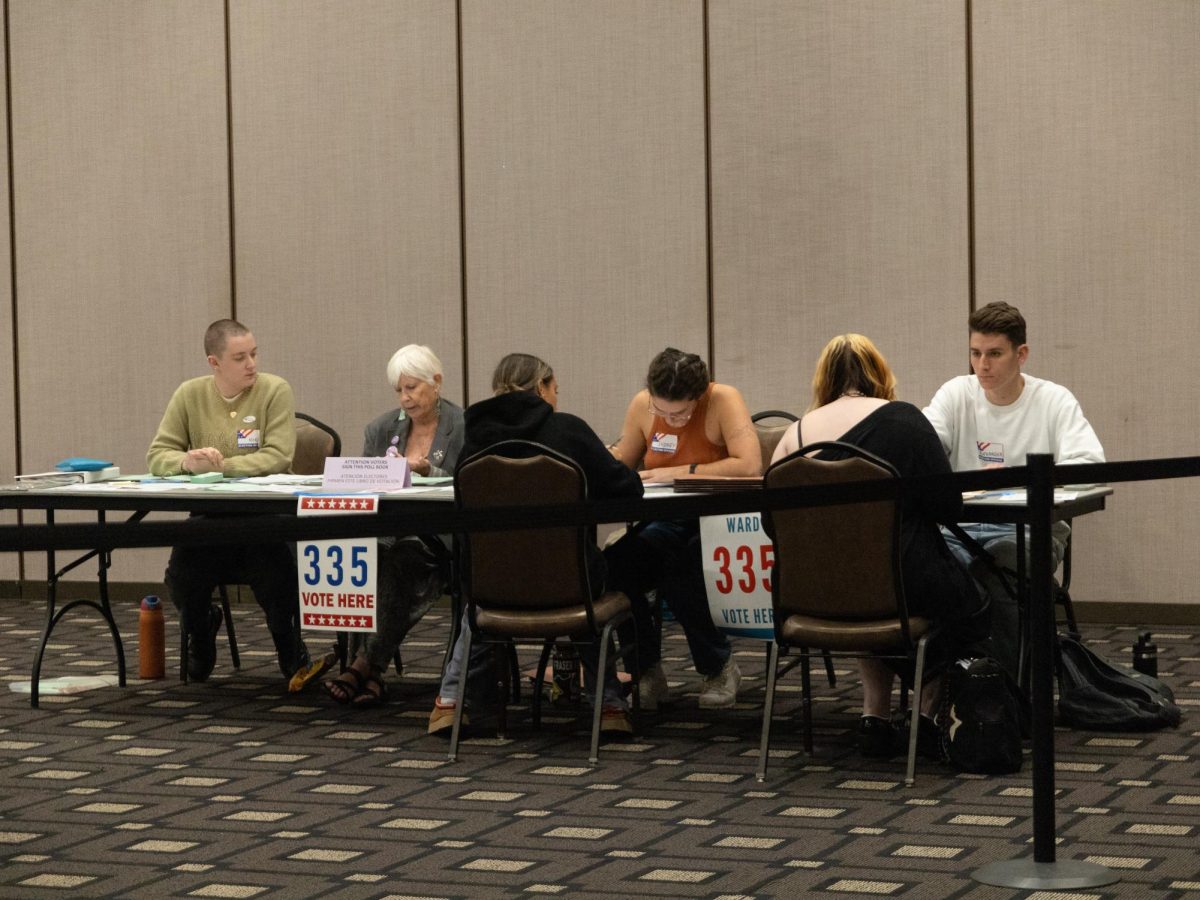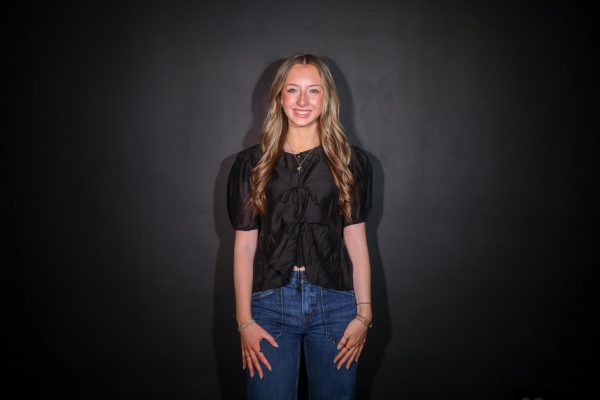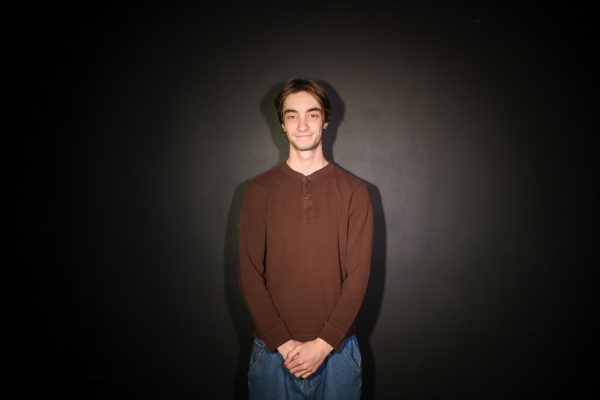Marquette University’s Civic Dialogues program hosts a variety of events, all with the goal of facilitating healthy and open communication between people with different beliefs.
The program started in 2021 and has grown from 140 participants to over 300, which would not be possible without students. Jasleen Kaur and Alyssa Maves, both sophomores in the College of Arts & Sciences, are two individuals who play a crucial role in Civic Dialogues.
Kaur and Maves serve as research assistants and student facilitators. Their job is to create these communication events since Civic Dialogues is run by students. They post on social media, book spaces, organize refreshments and find facilitators.
They stressed the importance of a program like this here at Marquette and beyond.
“We want to create a platform of open conversation between students and the community,” Kaur said.
Similarly to Kaur, Maves said she hopes the discussions that start with the program will teach college students lifelong communication skills.
“We strive for healthy conversations. Both people come in with an open mind and see the person across the table as a person, not an argument,” Kaur said.
While the program is continuing to grow its presence on campus, it has already been noticed by PBS in Milwaukee. The program was featured in a special titled “Vote 2024 Table Talk,” which brought people together for dinner and conversation about political topics, done in collaboration with Civic Dialogues. It aired on Sept. 16.
Kaur said that they were noticed by PBS because the program is set apart from those of other universities who have implemented similar programs.
Throughout the television special, the participants talked about a variety of topics including immigration, the state of democracy and a feeling of exhaustion related to politics.
At the end of the discussion, the participants reflected that they were grateful for the experience.
And for Maves and Kaur, they hope this is how all Marquette students will feel about the program.
Maves said that in a time of political polarization, she would like these events to give students hope and a place to see that people are willing to talk in a respectful way about hard topics. She wants students to know that these events are never limited to just political science students, but instead are open to the entire student population.
“We want students from all majors there,” Maves said. “We value the diversity and perspective different people can bring.”
To find out about upcoming Civic Dialogues events, visit their website, Instagram or LinkedIn.
This story was written by Ruby Mulvaney. She can be reached at ruby.mulvaney@marquette.edu.


